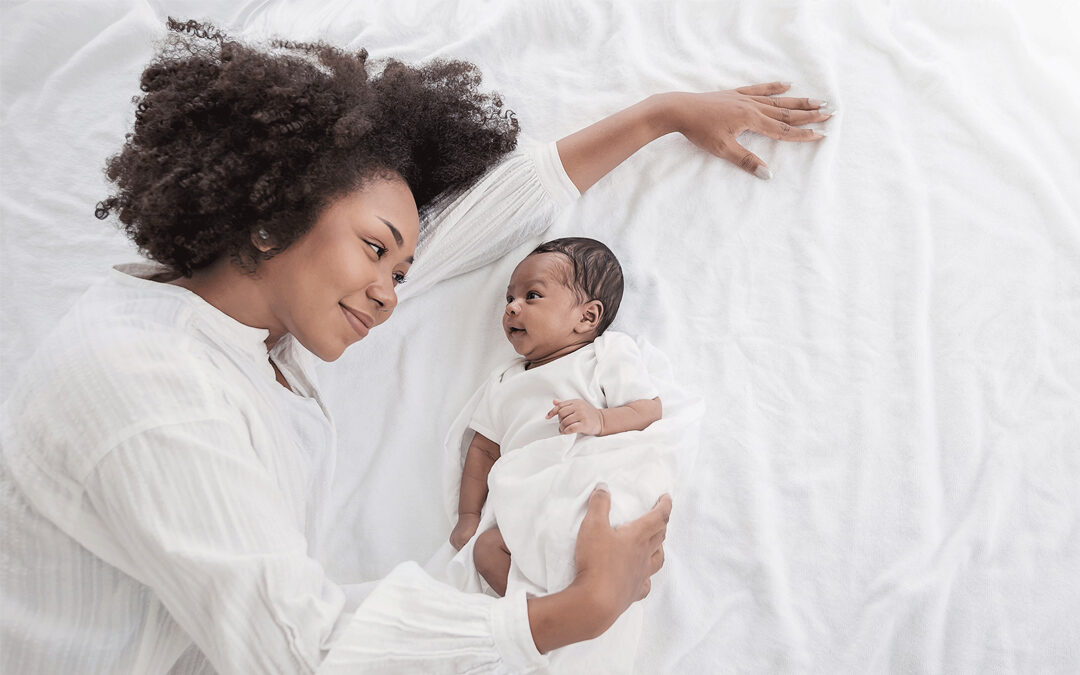A multidisciplinary group of researchers have received a $3.1 million grant from the National Institutes of Health (NIH) to study the impact of environmental influences on pregnancy and children’s health.
The research project is part of the NIH’s Environmental influences on Child Health Outcomes (ECHO) Program, the largest and most significant national research program focused on enhancing the health of children in the United States.
The team from Rutgers Health plans to recruit up to 500 pregnant participants who are less than 20 weeks from conception from RWJ University Hospital and Saint Peter’s University Hospital, both in New Brunswick, N.J., into the ECHO Cohort, a research study including sites across the U.S. The researchers will follow the participants, their partners and children for seven years, tracking factors such as obesity, neurodevelopment, exposure to environmental chemicals and positive health through biosamples and surveys.
“As the largest U.S. study ever conducted on children’s health, ECHO has the power to transform our understanding of how the early environment shapes our health,” said principal investigator Emily Barrett, professor and vice chair of the Department of Biostatistics and Epidemiology at the Rutgers School of Public Health and a member of the Rutgers Environmental and Occupational Health Sciences Institute. “We are thrilled that we can include New Jersey families in this important work.”
The Rutgers site will lead ECHO science on upper and lower respiratory health, evaluated in relation to the microbiome — the trillions of beneficial microorganisms in and on human bodies — as well as the role of certain medications such as acid suppressants. In early life, the microbiome is essential for the development of human health, including immune function.
“We will be characterizing the disparities in common exposures that disturb the microbiome, such as Caesarean sections, formula feeding and antibiotic use, during the critical early developmental periods — pre-conception, pregnancy, delivery, infancy and early childhood — and evaluate associations with longitudinal microbiome structures in mothers and children,” said principal investigator Martin Blaser, director of the Rutgers Center for Advanced Biotechnology and Medicine.
“These exposures during pregnancy and infancy are associated with increased risk of asthma and allergy,” said Blaser, whose research with study principal investigator Maria Gloria Dominguez Bello is world-renowned for discovering more about the relationship of the human microbiome with health and important diseases including asthma, obesity, diabetes and cancer.
The Rutgers Health component in the ECHO Cohort will inform clinical, public health and policy interventions to improve child health outcomes though promotion of a healthy microbiome in pregnancy, infancy and early childhood.
The researchers also will evaluate the role of different social determinants of health, such as stress, on developing children and will have a preconception component in which researchers collect surveys and biosamples on participants who become pregnant again during the study to learn more about how environmental influences during this time period impact later child health and development.
The research team also includes as principal investigators Daniel Horton and Manuel Jimenez as well as co-investigators Kristy Palomares, Todd Rosen, Reynold Panettieri, Zorimar Rivera-Nunez, and William Evan Johnson.
This story by Patti Zielinski originally appeared in Rutgers Today.

